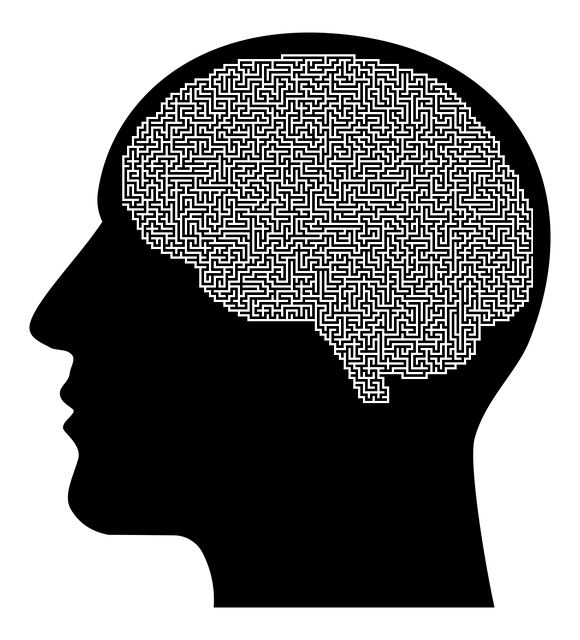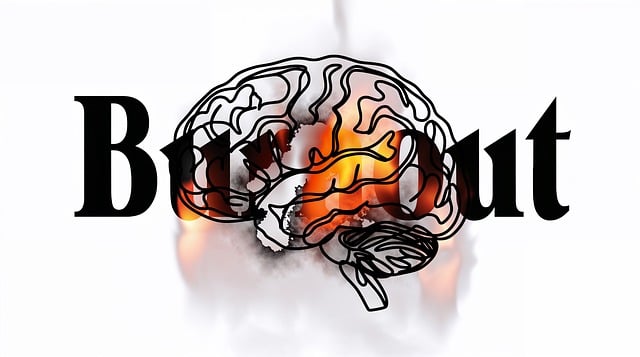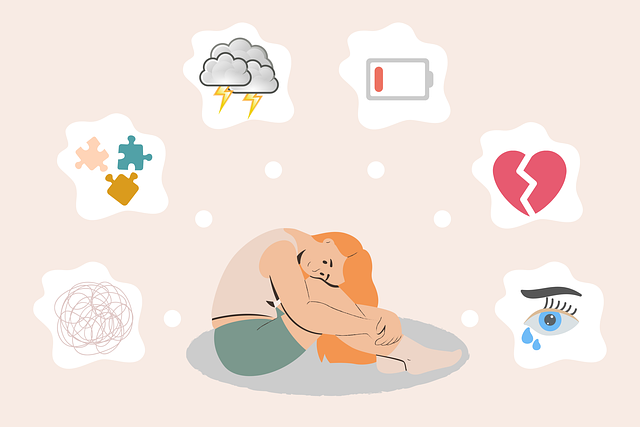Mental Wellness Self-Assessment tools play a crucial role in initiating Golden Chronic Pain Therapy (GCPT) by offering personalized treatments that address emotional, psychological, and physical aspects of chronic pain. These assessments, integrating conflict resolution, mood management, and burnout prevention, guide individuals towards building resilience, improving well-being, and enhancing quality of life. In the digital era, technology integration has revolutionized therapy through online platforms and apps, making GCPT more accessible and tailored to individual needs. Effective tools prioritize stress reduction, compassion cultivation, and sleep quality, while continuous validation and evidence-based practices ensure their accuracy and reliability. Strategic distribution channels promote accessibility, empowering individuals to take charge of their mental wellness.
Mental wellness self-assessment tools play a pivotal role in innovative treatments like Golden Chronic Pain Therapy. This article delves into the development of these tools, exploring essential components for effectiveness. We discuss identifying key indicators and integrating technology for enhanced assessment, emphasizing digital solutions that cater to diverse needs. Furthermore, we examine validation methods and implementation strategies to ensure efficacy and widespread accessibility, ultimately contributing to improved mental health outcomes in chronic pain therapy.
- Understanding Mental Wellness Self-Assessment: The Foundation of Golden Chronic Pain Therapy
- Identifying Core Components for Effective Self-Assessment Tools
- Integrating Technology: Digital Solutions for Enhanced Assessment
- Validation and Implementation: Ensuring Efficacy and Wider Accessibility
Understanding Mental Wellness Self-Assessment: The Foundation of Golden Chronic Pain Therapy

Mental Wellness Self-Assessment tools serve as a foundational step in cultivating Golden Chronic Pain Therapy (GCPT). By providing individuals with a clear understanding of their mental health landscape, these assessments facilitate personalized treatment approaches that address not just physical pain but also the intricate web of emotional and psychological factors contributing to chronic pain.
Integrating techniques like conflict resolution, mood management, and burnout prevention, GCPT leverages self-assessment data to empower individuals in managing their pain effectively. This proactive approach shifts the focus from mere symptom relief towards fostering resilience, enhancing overall well-being, and enabling a higher quality of life despite chronic pain conditions.
Identifying Core Components for Effective Self-Assessment Tools

Effective self-assessment tools for mental wellness should incorporate a comprehensive range of components that cater to various aspects of an individual’s well-being. When developing such tools, it is essential to identify and prioritize core elements that accurately reflect one’s emotional, cognitive, and behavioral states. This may include assessing stress levels using Stress Reduction Methods, gauging the practice of Compassion Cultivation Practices, and evaluating overall Stress Management skills. Additionally, incorporating factors like sleep quality, appetite patterns, and social connections can provide a more holistic picture, ensuring these tools are valuable for anyone seeking Golden Chronic Pain Therapy or broader mental wellness support.
By focusing on these key areas, self-assessment tools become powerful resources for individuals to monitor their progress, identify areas of concern, and make informed decisions regarding their mental health journeys. Such tools can foster a deeper understanding of one’s mind and behaviors, encouraging proactive measures towards enhancing overall well-being.
Integrating Technology: Digital Solutions for Enhanced Assessment

In today’s digital era, integrating technology into mental wellness self-assessment tools has opened up a world of possibilities for enhanced evaluation and personalized therapy. Online platforms and mobile applications are becoming powerful allies in the pursuit of emotional well-being promotion techniques. These digital solutions offer a unique approach to understanding an individual’s mental state by providing interactive and engaging assessment tools that cater to diverse needs. For instance, apps focused on Mind Over Matter principles can help users manage stress, anxiety, and even chronic pain through guided meditations and cognitive behavioral therapy exercises, making Golden Chronic Pain Therapy more accessible and effective.
By leveraging technology, professionals can now capture detailed insights into users’ emotional regulation capabilities, identifying areas of improvement and tailoring interventions accordingly. This innovative use of digital tools not only expands access to mental health services but also empowers individuals to take charge of their emotional well-being. With regular monitoring and adaptive feedback mechanisms, these online platforms contribute significantly to the continuous improvement of assessment methods, ensuring a more comprehensive understanding of one’s mental wellness journey.
Validation and Implementation: Ensuring Efficacy and Wider Accessibility

Validation and implementation are crucial steps in developing effective mental wellness self-assessment tools, ensuring they reach a wider audience and provide genuine support. Rigorous testing and evaluation methods are essential to confirm the accuracy and reliability of the assessments, especially when targeting specific conditions like chronic pain. By employing evidence-based practices, such as Golden Chronic Pain Therapy techniques, including Mindfulness Meditation, these tools can be refined and validated over time, increasing their efficacy.
Wider accessibility can be achieved through strategic distribution channels, including digital platforms that cater to diverse populations. Public Awareness Campaigns Development can play a significant role in educating individuals on the importance of mental wellness self-assessment and providing an accessible platform for resources. This approach ensures that those experiencing chronic pain or other mental health challenges have the tools they need to take control of their well-being, fostering a supportive environment for improvement and recovery.
The development of Mental Wellness Self-Assessment tools is a pivotal step towards advancing Golden Chronic Pain Therapy. By understanding key components, integrating technology, and ensuring validation, these tools can empower individuals to proactively manage their mental health alongside chronic pain. This comprehensive approach paves the way for more effective treatment strategies, ultimately enhancing the quality of life for those navigating chronic pain conditions.














